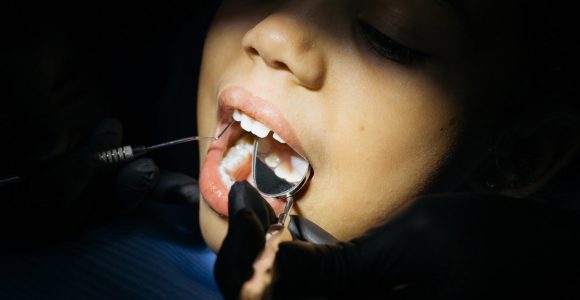Dental implants in Ipswich for addressing tooth loss


Losing a tooth as an adult can be a highly distressing situation to find yourself in; however, you will be surprised to hear that you are not alone. The majority of adults experience tooth loss during their lifetime. Here in the UK, research shows that the average adult has six missing teeth. Poor oral hygiene resulting in tooth decay and gum disease is the most common cause of tooth loss in adults. Lifestyle choices such as smoking and drug abuse can also result in tooth loss, or sometimes, you may be in an accident or sustain an injury that causes trauma to your mouth and knocks out a tooth or multiple teeth. Unfortunately, tooth loss can also occur as a natural part of the ageing process.
What are dental implants?
If you are missing a single tooth or multiple teeth, then it is important that you speak to your dentist to find out about replacing your missing teeth. Dental implants in Ipswich are the gold standard in tooth replacement therapy. They offer a permanent solution to missing teeth that is strong, comfortable and aesthetically pleasing and not only improves the appearance of your smile but also helps promote better oral health for life. Dental implants in Ipswich work as replacement roots for missing teeth. They are small titanium components that are inserted directly into the bone socket of your missing tooth.

The last few decades have seen a surge in the uptake of dental implants, and they are a popular choice of tooth replacement therapy amongst dentists and patients alike. Dental implant surgery is an invasive procedure that is carried out over a few months. The average treatment time is approximately 12 weeks; however, this is dependent on your body’s ability to heal and can vary from patient to patient.
How do they work?
You will first need to book an appointment with your dentist for a comprehensive examination of your teeth and gums to make sure that you have sufficient healthy bone for successful implant surgery. If upon assessment, your dentist identifies any underlying dental issues, then these will be treated prior to dental implant surgery. Dental implants are embedded into the jaw bone by a process known as osseointegration; this is a natural bodily process that occurs when the titanium implant is placed into the jaw. Osteoblasts are formed around the implant so that it is securely embedded into your jawbone and becomes a permanent fixture of your mouth.
Once this process is successfully completed, you will have an abutment or a connector post attached to the implant to which your prosthetic of choice will be secured. You may choose to have a crown, bridge or set of dentures, depending on your dental requirements and personal preferences. You may require one implant, multiple implants or have your full set of teeth replaced using the all-on-4 procedure, depending on your dental needs. Speak to your dentist today and find out more about dental implants and how they can benefit your oral health.



